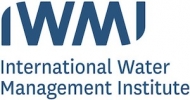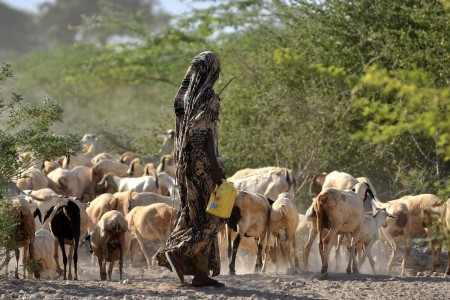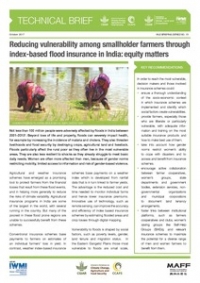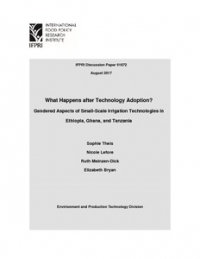The project will build on 2018-2019 learning from India and Bangladesh strengthening understanding of how gender and intersectionality influences access to and use of WII across agriculture and livestock. The project will apply and test the solutions to make the weather index insurance is more socially inclusive in the IWMI insurance product and also working with other practitioners and private insurers in the region. The research will be built on conducting household survey in Sri Lanka where recommended solutions are to be implemented in the WLE/MAFF funded drought monitoring project in the Northcentral dry zone. The W1/W2 funds will be used to increase the depth of the existing works. We plan to expand the learning from agriculture to livestock conducting third-party case studies across Asia and Africa. The case studies will be selected considering the contextual differences and implementation models that could make influences to equitable access to weather insurance for underprivileged including women, landless and marginal farmers. The study would also focus on how institutional mechanisms and other strategies adopted helps to reduce distributive and procedural inequities. The proceedings of the virtual meeting (Webinar) planned in December 2020 would help to identify barriers to the uptake of insurance programs among smallholder and marginalized agricultural laborers in the government, private, and donor organizations in the region and pinpoint opportunities in market-led insurance programs in 2021 with follow up activities for guideline adoption.
menu











